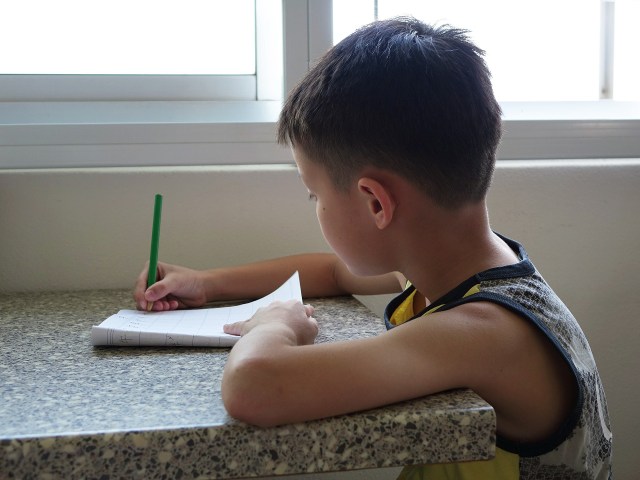Noah is a bright third-grader who has always struggled to learn. Nothing comes easy for Noah despite his Herculean efforts, outside tutoring and documented intellectual abilities. He gets in trouble in class for not being organized, daydreaming, not completing assignments and “not trying hard enough.” Noah feels defeated because even with all of the extra help he’s getting, nothing is getting easier. Reading, spelling and math are still struggles. Noah doesn’t learn like his classmates and can’t feel the success they do. He is sad, frustrated and feels “stupid.”
Noah has a learning difference—not a learning disability or disorder. Noah isn’t stupid. Actually Noah is very bright and can learn many things that his classmates themselves would find challenging.
There are many students like Noah in classrooms across America—bright, yet with learning differences, who struggle to learn core subjects like reading, spelling and math. Unfortunately, their lack of success with learning makes them feel bad about themselves and can affect their desire to learn. Without success, they are robbed of experiencing confidence and joy. When children face daily tasks or situations in which they consistently fail, they will feel defeated, frustrated, sad and anxious. Constant academic struggles and lack of success are huge robbers of confidence and joy in bright children with learning differences.
Every child needs to be supported, encouraged and recognized for his or her unique talents. When learning differences aren’t identified and investigated thoroughly, these struggling students are often misunderstood. Frequently they hear: “You need to try harder;” or “You need to listen better;” or “You have a bad attitude.” Comments like these from parents and teachers only make them feel worse. They also act as confidence and joy robbers.
All children want to be successful. But, if their brains are wired in such a way that they have difficulty focusing, listening, getting organized or focusing for extended periods of time, no consequences, threats or bribes can change the way their brains work.
Parents and professionals can help insure these bright but learning different children experience confidence and joy by using DEAR strategies:
Detect
Put on a detective’s hat and determine the child’s learning style, interests and areas of natural talent. Identify what teaching strategies allow for the child’s learning success.
Encourage
Involve them in activities, tasks and events that allow them to use their natural talents. Encourage professionals working with these children to develop teaching styles that work with the child’s learning style and natural talents.
Advocate
Go to bat for your child in order for him or her to experience success, confidence and happiness. Involve professionals working with your child to go to bat as well.
Repeat
Repeat activities, strategies, skills and learning situations that work well in allowing for the child’s mastery, sense of well-being and feelings of success. Confidence and joy are natural by-products of success.
With success, confidence and joy, the bright but struggling child’s relationship with learning can change from “I’m stupid” to “I can learn,” and from “I can’t” to “I can!”











